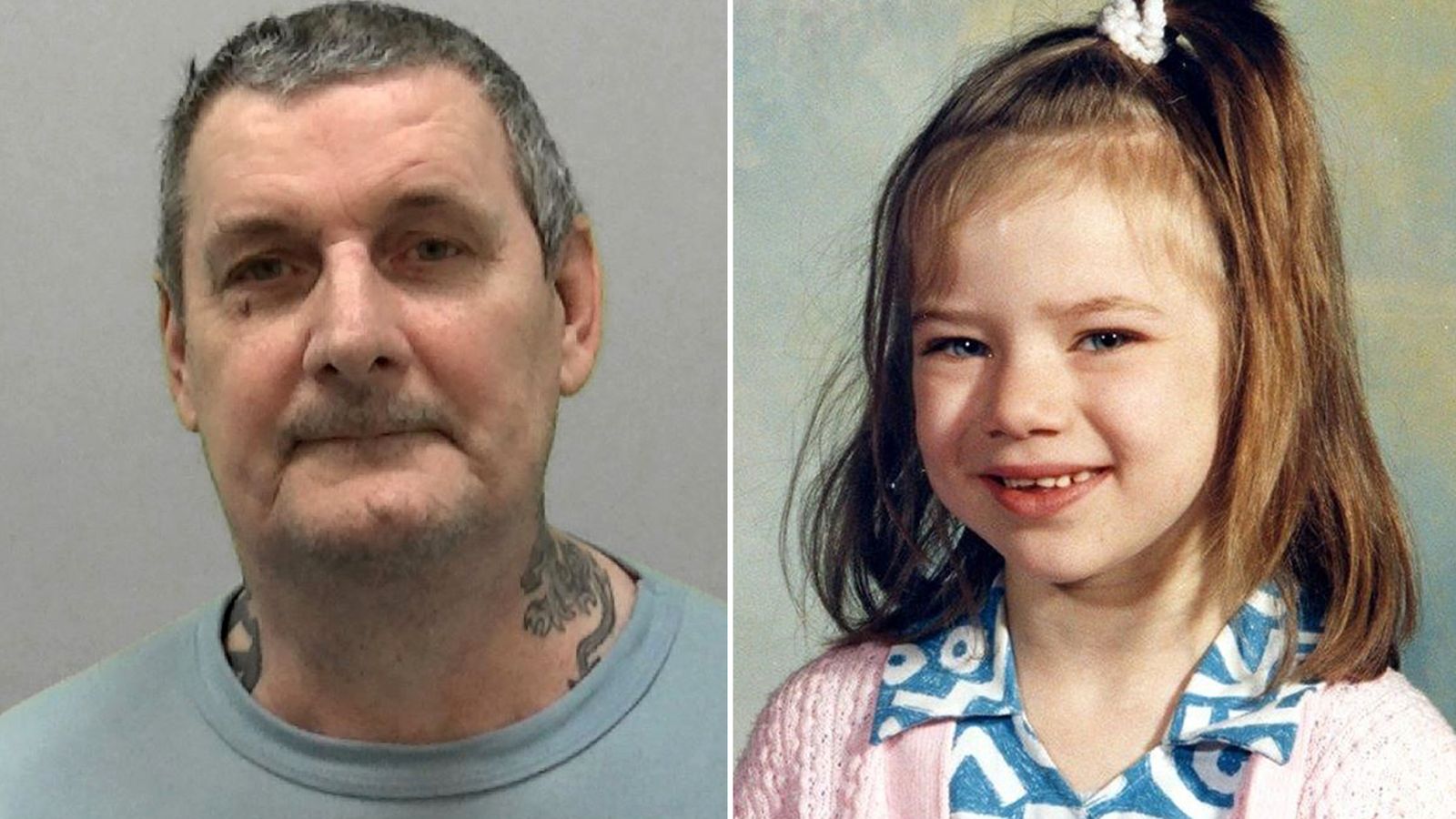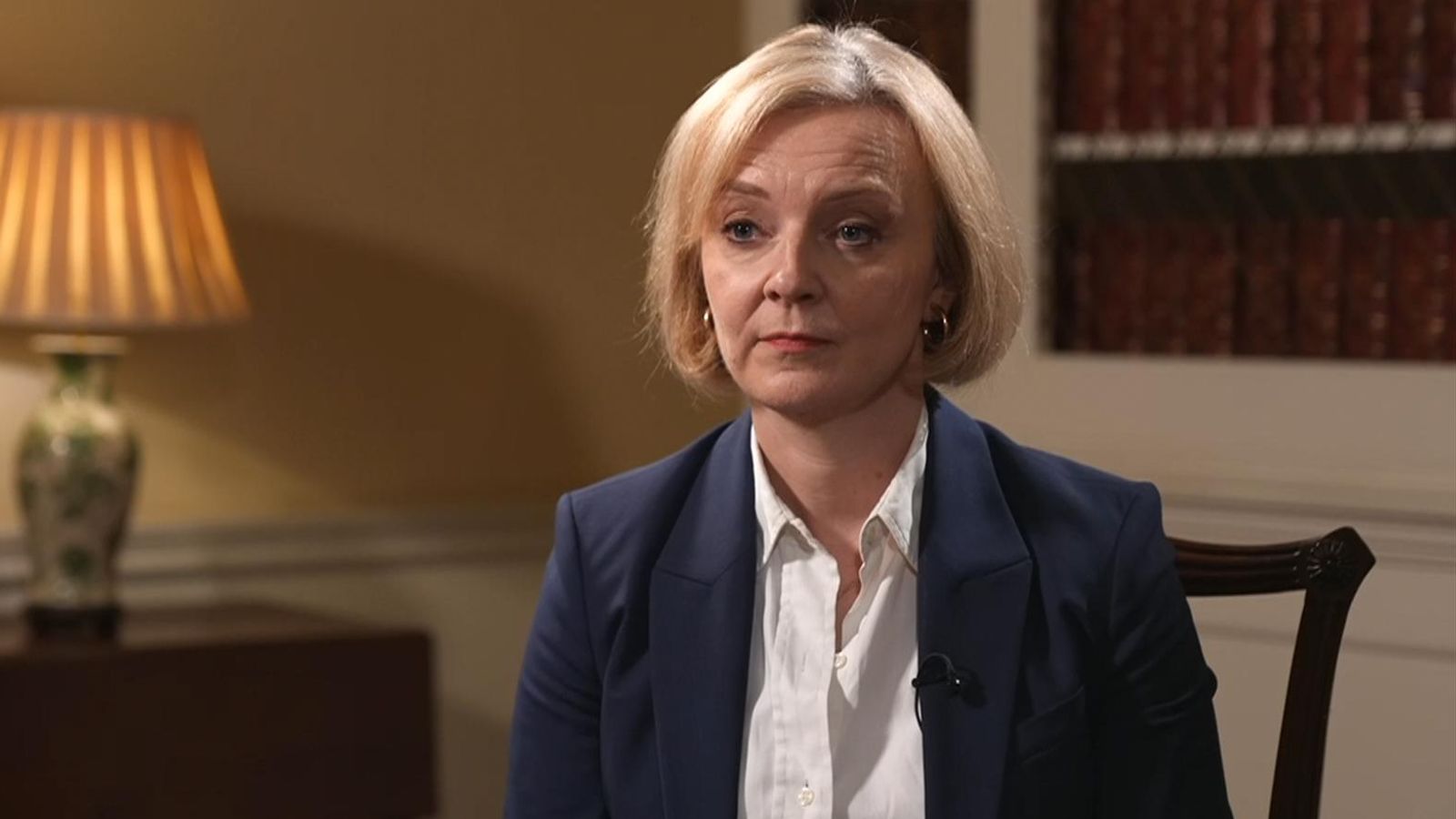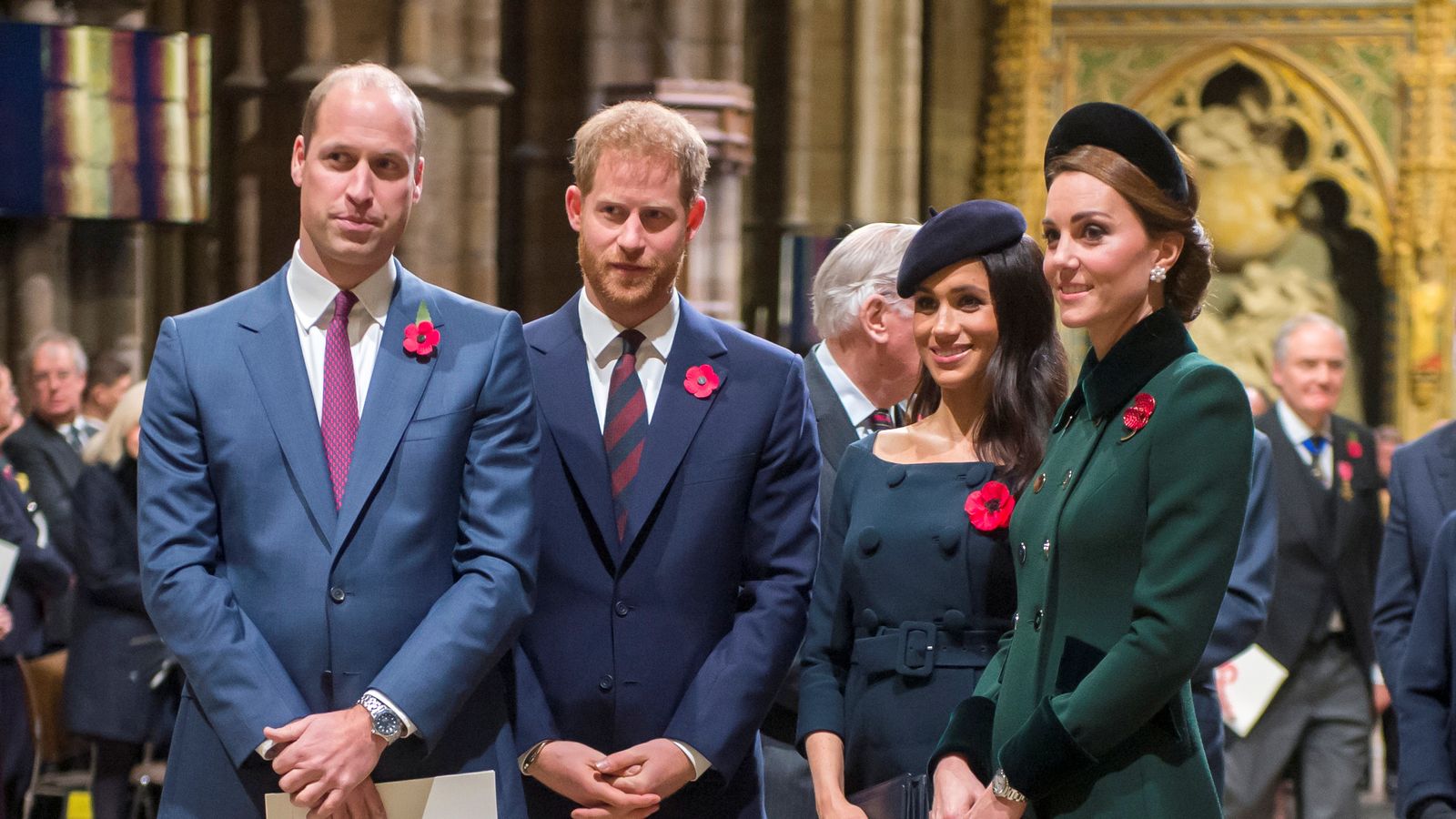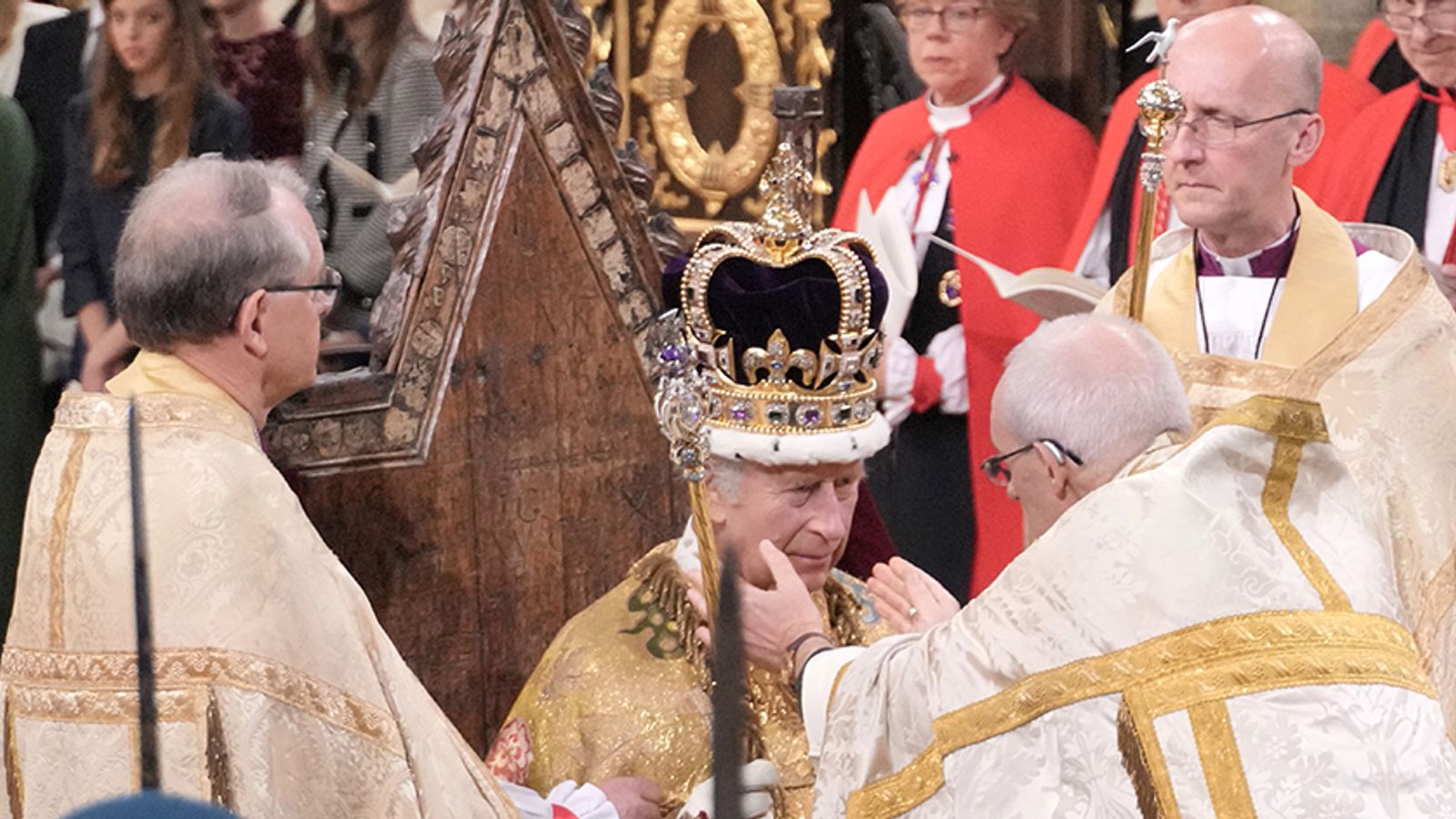Students go back to school in England and Wales this week amid concerns over a lack of preparedness for COVID-19.
Representatives of headteachers and other school leaders have criticised the government for what they call a “hit and hope” strategy for pupils returning.
Many of the precautions present during the last academic year – including year group bubbles, and mandatory isolation after contact with someone with COVID – have been scrapped.
Pupils will now just need to take a PCR test if they are in close contact with someone who has the coronavirus – and only isolate if they themselves test positive.
Students from secondary age and up are advised to have two lateral flow tests in their first week back, and continue home testing throughout term.
Leaders in the education sector have pointed to Scotland’s rise in cases since schools returned as a reason to be cautious about the new term.
Geoff Barton, general secretary of the Association of School and College Leaders (ASCL), said: “There was a raft of mitigations in place at the end of the summer term and it does seem bizarre that we have gone from that to far less stringent measures this term, with little notion of how effective this will be and with scientists warning about the likelihood of an exponential increase in infections among school-age children.
“It does feel a little like a case of hit and hope on the part of the government.”
The government has come under criticism a number of times for its approach to education during the pandemic.
This includes worsening inequality during home learning, last year’s exam fiasco with a “mutant algorithm”, and this year’s fiasco with concerns over grade inflation.
Education Secretary Gavin Williamson has come under increasing pressure because of the perceived poor handling by government.
At the weekend, Mr Williamson said it was important for children “not to get carried away” with the easing of restrictions compared to last term.
There are further concerns over the lack of a decision from the Joint Committee on Vaccination and Immunisation (JCVI) on vaccines for younger people, and a lack of improvement on ventilation in classrooms ahead of winter.
While the government has announced £25m will be spent on 300,000 carbon dioxide monitors, Paul Whiteman, general secretary of school leaders’ union NAHT, has said this will just show the lack of ventilation – not improve it.
Follow the Daily podcast on Apple Podcasts, Google Podcasts, Spotify, Spreaker
A Department for Education spokeswoman said: “Education remains a national priority, and the success of the vaccine programme means schools and colleges will deliver high-quality, face-to-face education to their pupils, with minimal disruption.
“The measures in place strike the right balance between making schools safe – with enhanced ventilation, COVID testing and vaccinations of older students and staff – and reducing disruption by removing bubbles and face coverings.”



